Young Leaders 2023-2024
The 2023-2024 cohort of Young Leaders brings together an eclectic mix of professionals united by the common goals of improving cancer outcomes and reducing disparities in global cancer control.
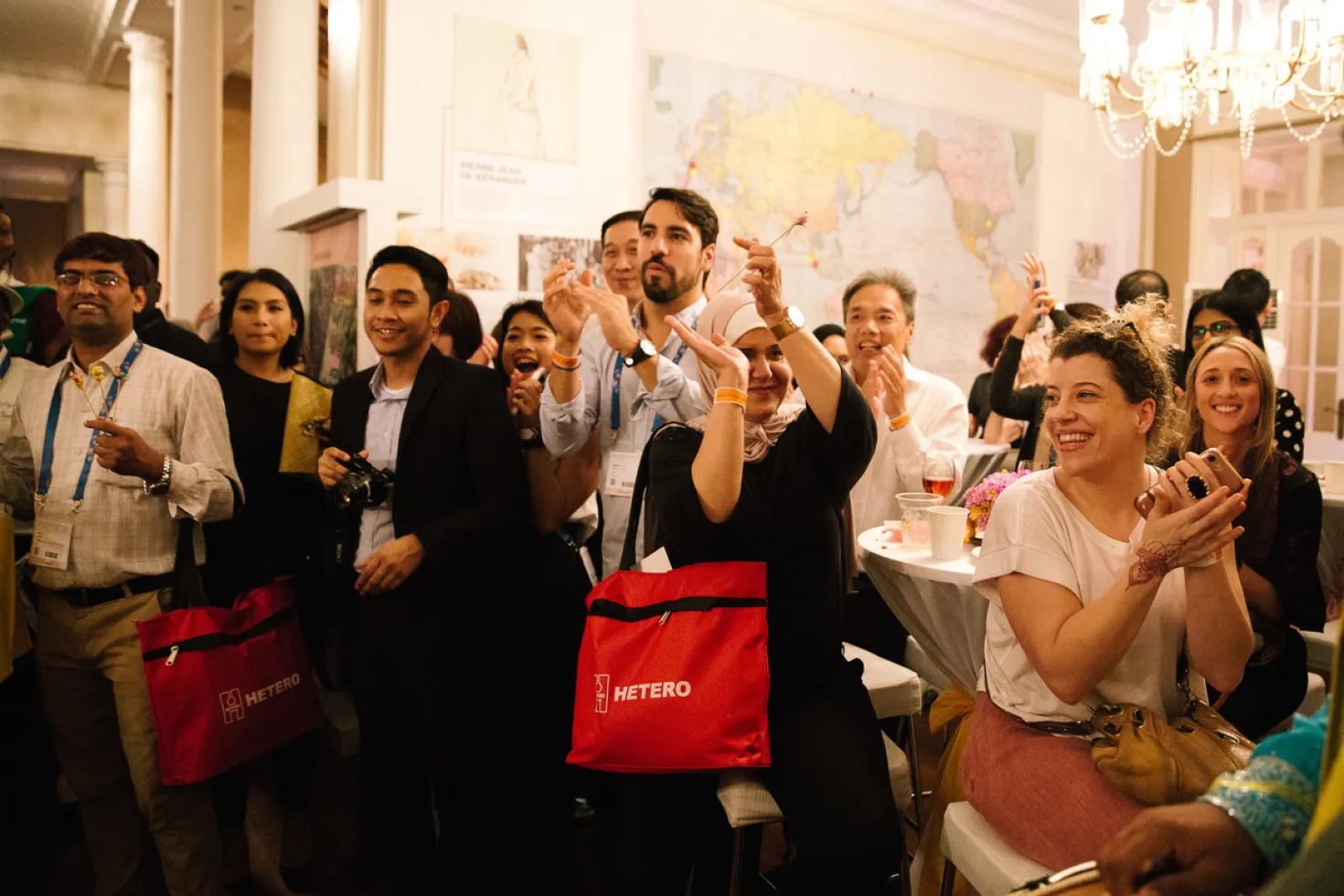
Over the one-year long programme, the new cohort of ten Young Leaders will be supported to increase their international engagement and visibility, and maximise their opportunities to drive impact in cancer control.
Starting with their participation at the 2023 World Cancer Leaders' Summit, the Young Leaders will access learning on system-level leadership for cancer control and collaborate to address multidisciplinary challenges in areas such as patient-centred models of supportive care, engagement of people living with cancer in policy-making and integrated services for women's cancers. The programme will culminate at the 2024 World Cancer Congress, where Young Leaders will have opportunities to present their work.
Meet the 2023-2024 Young Leaders' cohort

Amanda Drury (Ireland) - Associate Professor in General Nursing, Dublin City University | Board Member, European Oncology Nursing Society | Member, European Union Cancer Mission Board
“I am a passionate nurse, researcher and educator with a clinical background in medical and radiation oncology. I am an Associate Professor in Nursing and a member of the European Cancer Mission Board. I am committed to the development of cancer services which are responsive to patients’ needs from pre-diagnosis to survivorship and end of life care. Over the next ten years, I aspire to build a world-class research group to provide evidence to inform the development and implementation of integrated health services for cancer patients and survivors.”
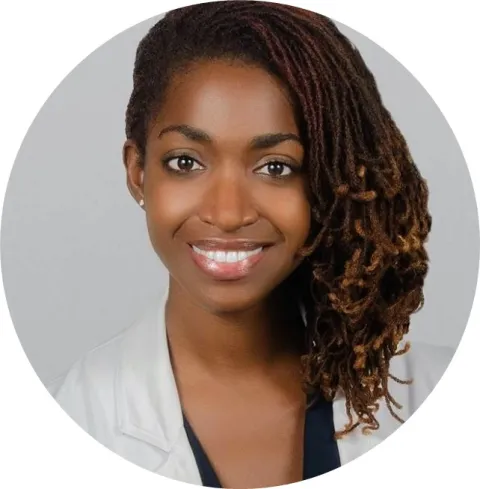
Cherie Tulloch (Antigua and Barbuda) - Chairperson, The Cervical Cancer Task Force, The Ministry of Health, Wellness and the Environment | Obstetrician and Gynaecologist, Sir Lester Bird Medical Centre
“I am a child of the Caribbean - born in Barbados, raised in Jamaica and now residing in Antigua and Barbuda – and I am passionate about improving the healthcare experiences of women affected by gynaecological cancers in the Caribbean. In my current position I play an integral role in strengthening Antigua and Barbuda’s national strategy to achieve cervical cancer elimination. It is my hope that the eventual success of eliminating cervical cancer will pave the way for strategies to decrease mortality associated with other cancers in our twin island state and the region.”
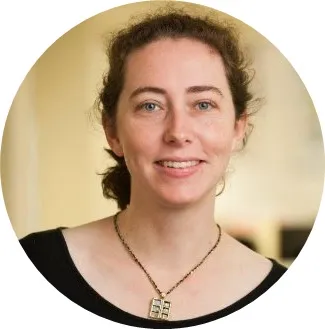
Kate Simms (Australia) - Senior Research Fellow, The Daffodil Centre
“My area of focus is in modelling cervical cancer prevention strategies to help identify the best ways to prevent cervical cancer. I have been involved in evaluations that directly informed national policy decisions in many countries. I was also part of the Cervical Cancer Elimination Modelling Consortium, which directly informed WHO’s global strategy for cervical cancer elimination. I wish to continue to leverage my expertise in mathematical modelling to help more countries identify the best ways to reach the cervical cancer elimination goals outlined by the WHO”.
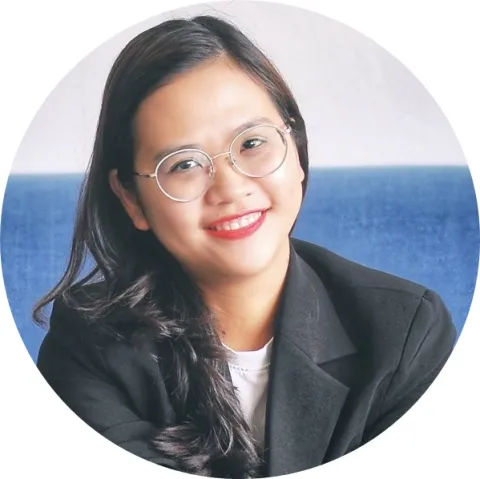
Nguyen Huong Giang (Vietnam) - Head of Cancer Epidemiology, Vietnam Cancer Institute | Sub-Committee Member, Asian National Cancer Centers Alliance
“I am a Medical Doctor of preventive medicine, currently the Head of the Cancer Epidemiology Department at the National Cancer Institute in Vietnam. My area of expertise lies in cancer epidemiology, specifically in cancer registry management and cancer control policy. In addition to my work in Vietnam, I am also an active participant in the Asian National Cancer Centers Alliance (ANCCA), where I collaborate with other experts in the region. My ultimate career vision is to help close the care gap between countries and promote health equity in cancer control.”
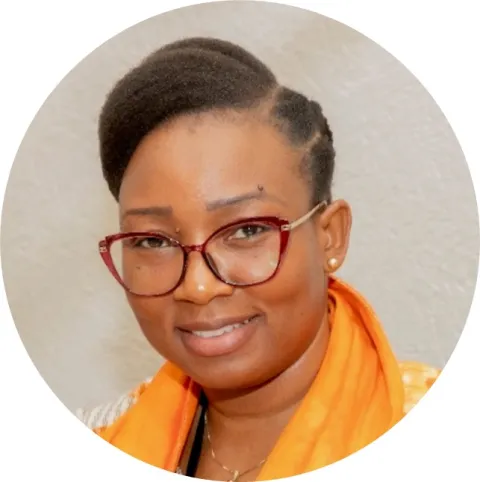
Samiratou Ouedraogo (Burkina Faso) - Junior Lecturer in Public Health, University Joseph KI-ZERBO and National Public Health Institute | Co-Chair for the Oliver Reginald Tambo Africa Research Chair at the University Joseph KI-ZERBO, Chair Research and Action Against Cancer (Chair ReAAC)
“As a public health expert and a gender, equity and rights consultant, my work has always been oriented toward health equity and social justice. I have co-developed and I lead the Women in Global Health Network in Francophone West Africa, advocating for francophone women’s contribution to decision-making in health. My career vision is to influence the way cancer is perceived and controlled in Africa. I believe that cancer surveillance and primary prevention at community level with a gender lens are key elements that need more attention.”
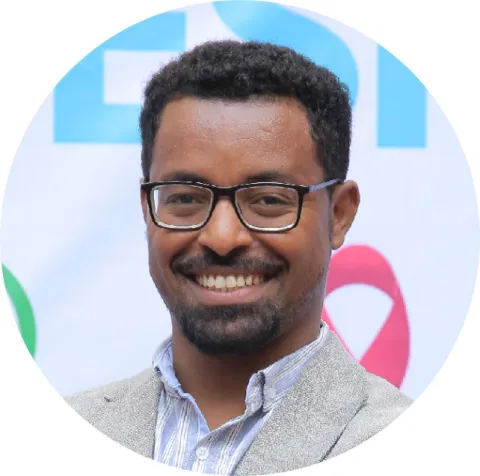
Biniyam Deressa (Ethiopia) - Clinical Oncologist, Adama Hospital Medical College | Vice President, Ethiopian Society of Hematology and Oncology (ESHO) | Alumni of the 2022-23 Fogarty Global Health Equity Scholars (GHES) fellowship
“I am primarily a clinical oncologist involved in cancer diagnosis, treatment, and palliative care, but my role also encompasses research, advocacy and leadership. I led the establishment in 2018 of the first cancer treatment centre in the underserved region of Adama and founded Ethiopia's first psychosocial support group for women with breast cancer in 2020. My long-term ambition is to reduce disparities in access to quality care and to improve outcomes for underserved populations.”
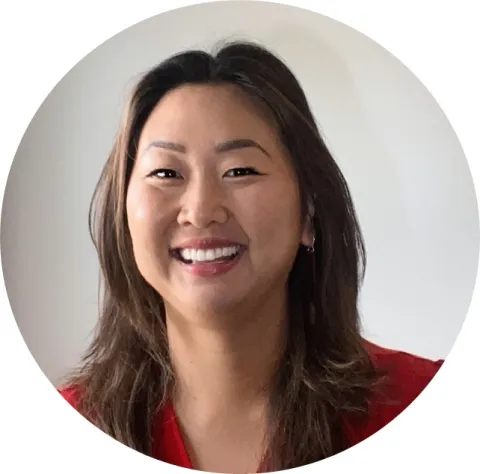
Kate Meerkerk (New Zealand) - Registrar, Te Whatu Ora (Health New Zealand), Waikato
“I am a physician specializing in public health medicine, dedicated to achieving health equity for marginalized and indigenous populations. My expertise lies in understanding and addressing the health needs of these communities, with a particular focus on improving access to cancer services. I seek to utilize this experience to contribute to the development and implementation of effective strategies that promote health equity and improve cancer outcomes for marginalized populations, particularly the Māori community.”
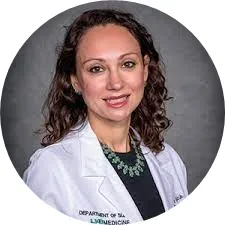
Lily Gutnik (United States) - Assistant Professor, Department of Surgery, University of Alabama at Birmingham | Assistant Professor, School of Public Health, University of Alabama at Birmingham | Associate Vice Chair, Global Surgery, University of Alabama at Birmingham
“I am a breast surgeon with dual academic appointments at the University of Alabama at Birmingham. My research focuses include timely access to quality care for minority women in the US and women in Tanzania, screening and early detection of breast cancer in Nigeria and Cameroon, the role of stigma on the breast cancer experience of women in Kenya and Tanzania, and the role of traditional healers in cancer care in Sub-Saharan Africa. My ultimate vision is to be a surgeon-scientist working towards eliminating breast cancer disparities among women of African ancestry.”
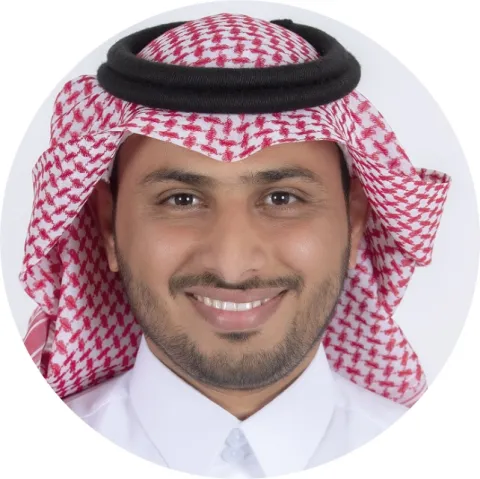
Saleh Alessy (Saudi Arabia) - Adjunct Post-doctoral Research Associate of Cancer Epidemiology, Centre for Cancer, Society & Public Health, King’s College London | Founding Board Member, Saudi Society for Oncology Research
“I am a mid-career cancer epidemiologist with a vision to translate epidemiological research to strengthen national cancer control plans and care policies in the Gulf Cooperation Council (GCC) countries. My current duties include teaching epidemiology and collaborating on several projects dedicated to cancer prevention and control in Saudi Arabia, from cancer registration and epidemiology to prevention and early detection research. I am confident that this opportunity will impact my career and further empower me to contribute to cancer control in The Gulf and the broader Eastern Mediterranean Region.”
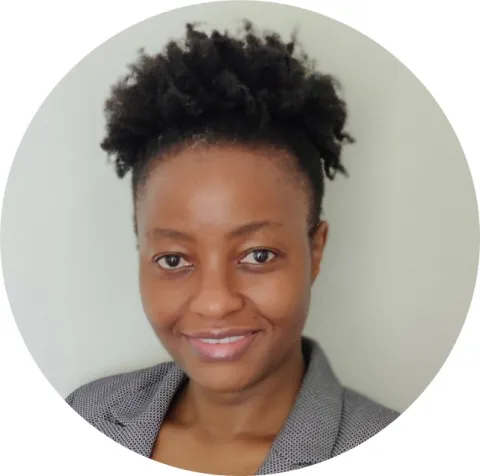
Sithabiso Masuku (Zimbabwe / South Africa) - Research Associate, University of Sheffield | Wellcome Early-Career Award, The Wellcome Trust
“I am a health economist, keen to use my skills to make a tangible impact on health outcomes. Currently, my role centres around health economic modelling and its influence on policy, with a specific focus on breast cancer in South Africa. I am particularly interested in health economic modelling because I believe it is a powerful tool for understanding the impact of different health interventions. Through my research, mentorship, and advocacy for evidence-based policymaking, I hope to create a sustainable research culture that can have a lasting impact on healthcare policy and outcomes in the Africa.”
The Young Leaders programme 2023-2024 is supported by La Roche Posay and through the UICC's Breast Cancer programme

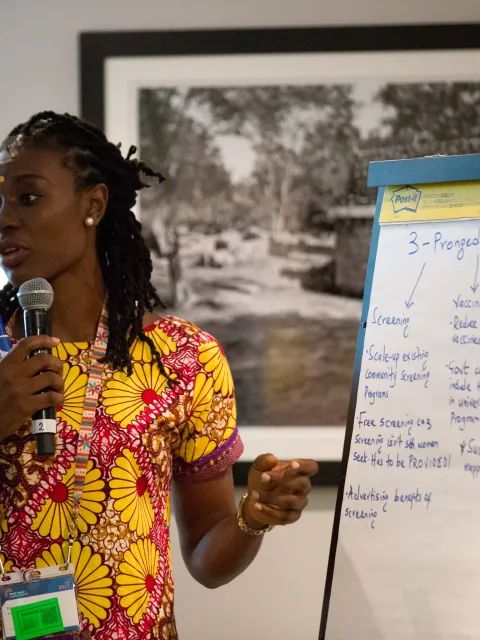
Since 2013, the Young Leaders programme has been supporting emerging cancer control professionals to become successful leaders in cancer control and the wider global health community.
Young Leaders programme
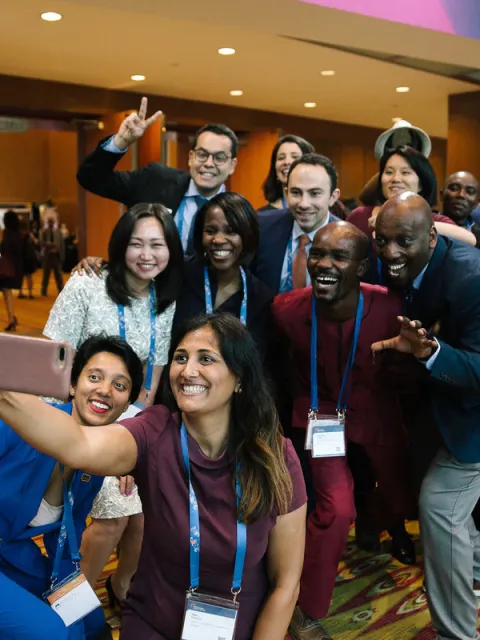
Between 2013 and 2024, 65 professionals completed the UICC's Young Leaders programme and are now part of the Young Leaders Alumni network, a community of change-makers in cancer control.
Young Leaders Alumni
Last update
Monday 07 August 2023